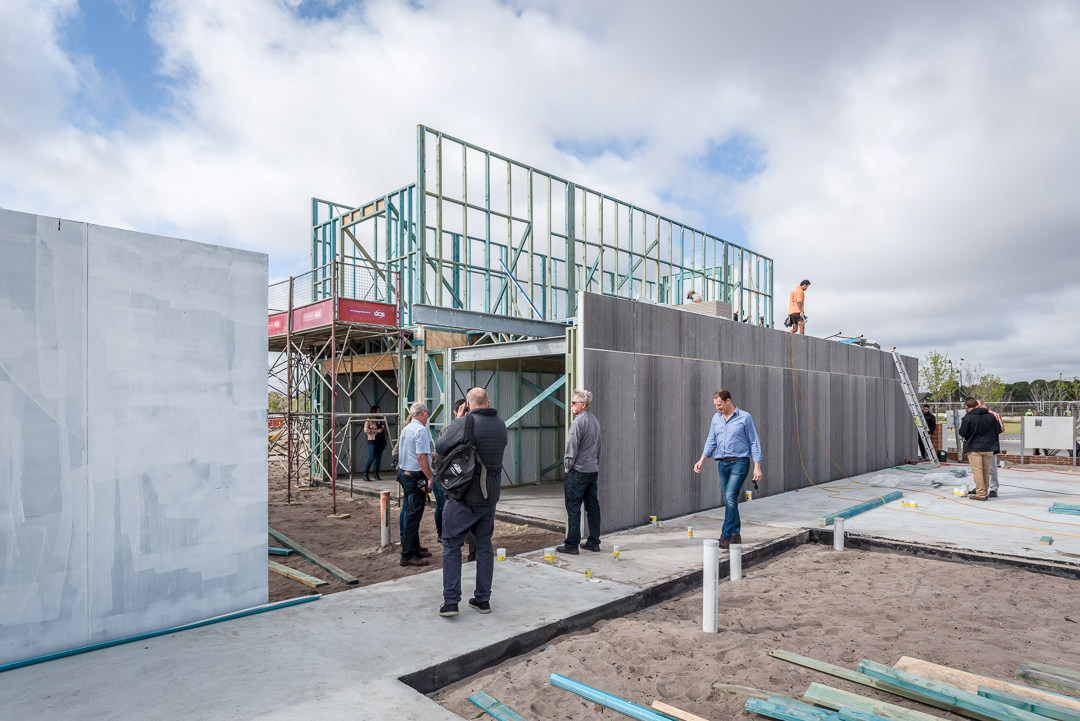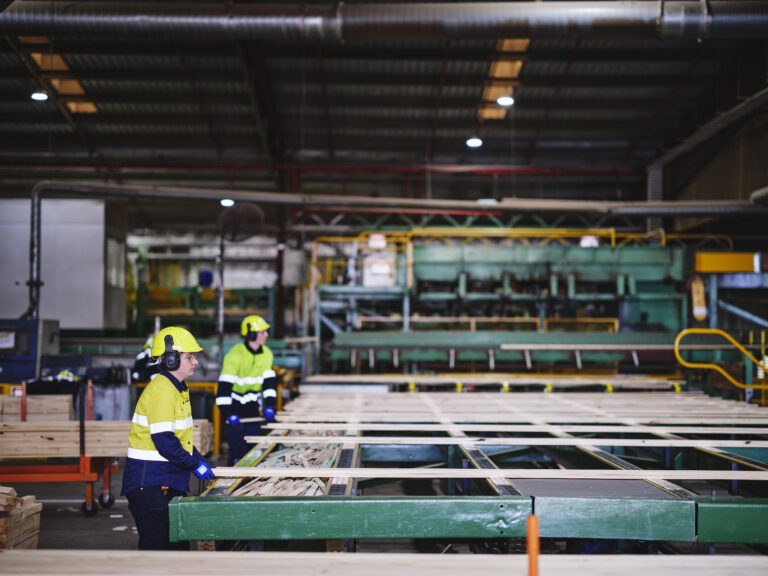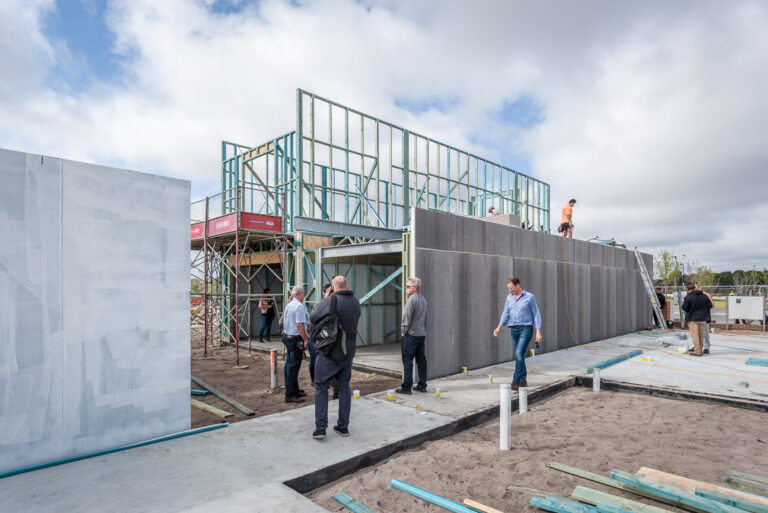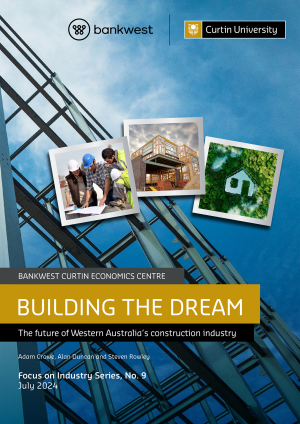Western Australia – Building The Dream
Western Australia’s construction industry is at a crossroads. The Bankwest Curtin Economics Centre’s Building the Dream report lays out clear recommendations to tackle housing shortages, workforce constraints, and sustainability challenges. But here’s the key question: what role can timber—and especially prefabricated timber systems—play in delivering on those goals?
SPOILER ALERT: quite a big one.
Housing Supply: Faster, Smarter, More Diverse
The report calls for greater housing diversity, more affordable options, and innovative delivery models. This is where timber prefab shines:
- Promote Housing Diversity: Prefabricated timber enables flexible design—everything from single dwellings and townhouses to mid-rise apartments. Timber systems make it easier to deliver “rightsized housing” quickly and at scale.
- Off-site & Modular Construction: Timber prefabrication is a natural fit here, offering speed, cost certainty, and quality. WA already has local businesses—like Offsite, ITS, Colli Frame & Truss, and World Wide Frame & Truss—proving the model works.
- Expand Social Housing: Prefab timber systems allow repeatable, efficient housing solutions—exactly what’s needed for rapid social housing delivery.
- Accelerate Land Release & Contracting Reform: Land supply is critical, but how fast we can build on that land is equally important. Prefabricated timber reduces construction time, lowers risk for builders, and provides greater certainty for financiers.
Workforce: Building Skills for the Future
WA faces construction labour shortages. The report recommends attracting and retaining workers, expanding apprenticeships, and prioritising sustainable skills.
- Timber Prefab as a Workforce Solution: Offsite timber manufacturing shifts labour from on-site trades (where shortages are acute) into factory settings—safer, more controlled environments that are attractive to younger workers and women.
- Skills & Apprenticeships: Prefabrication calls for carpentry, joinery, and digital manufacturing skills. Expanding training in timber prefab aligns perfectly with the report’s push for low-carbon and modern construction training pathways.
Sustainability: Unlocking Timber’s Carbon Advantage
The report stresses circular construction, localised supply chains, and reducing embodied carbon. Timber ticks all these boxes:
- Circular Construction Practices: Timber is renewable, recyclable, and stores carbon over its life cycle. Prefab systems reduce waste on site, directly supporting circular economy goals.
- Government Standards & Procurement: Setting low-carbon standards creates an opportunity for timber solutions to become mainstream, especially in public housing and schools.
- Local Supply Chains: WA’s pine plantations, local sawmills, EWP manufacturers and prefab operations form the backbone of a resilient, low-carbon building supply chain—right here at home.
- Material Banks & Carbon Reduction: Prefab timber components can be disassembled and reused, supporting material banking and lowering embodied carbon in future projects.
Timber Insight’s View
At Timber Insight, our mission is simple: We help the construction industry unlock timber’s full potential with insights that drive sustainable, innovative, and efficient projects from concept to completion.
This report shows that the future of WA housing will demand diversity, efficiency, and sustainability. Prefabricated timber systems don’t just align with these recommendations—they actively enable them.
So, if we’re serious about building WA’s housing future, timber isn’t just an option. It’s a crucial part of the solution.







